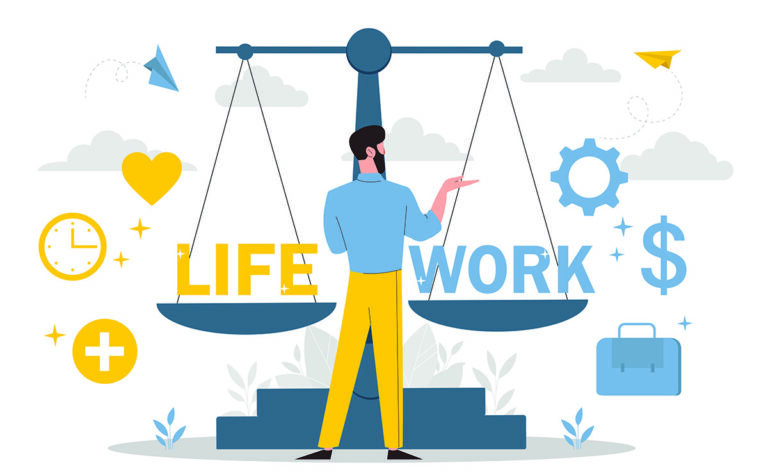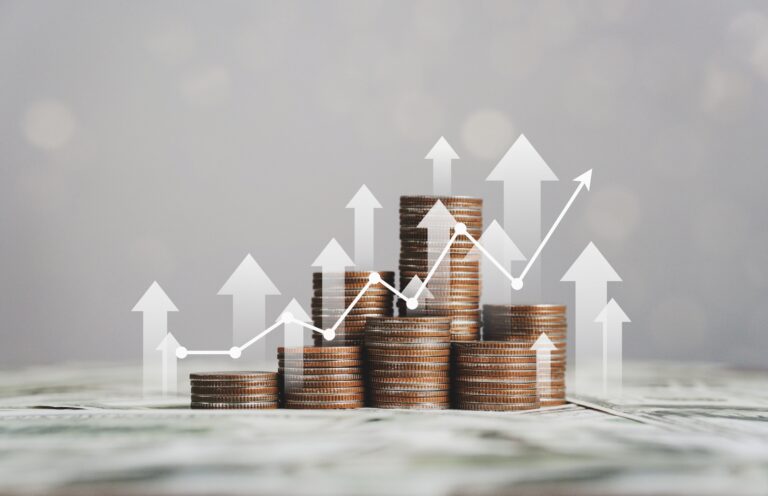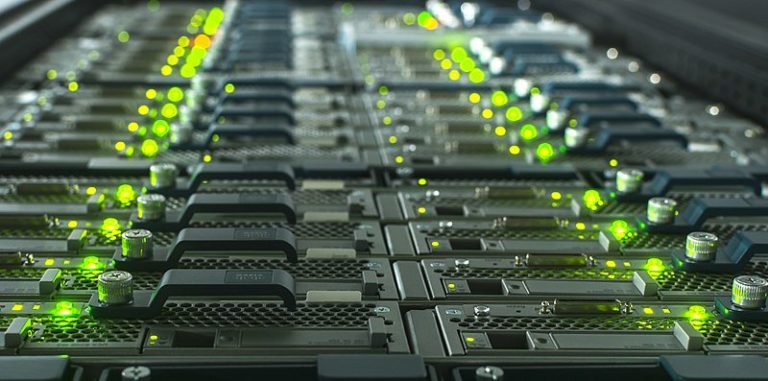You may have never heard this term and much less know what blockchain is, but it is only a matter of time before you find out, because it is a paradigm shift in our way of understanding the digital world that will eventually become integrated into our lives, or so experts say. In this article, we will explain what blockchain means and why it will be key in the future of digital networks.
It was born as a secondary actor in the bitcoin revolution since it is the technology or the information coding system that is behind the virtual currency and that supports its entire structure. People start realizing the potential it had for itself and the number of applications it allows in other areas beyond financial transactions, such as public administration or the Internet of things. (Fortney, 2019)
What is blockchain?
Blockchain and the end of data centralization
Blockchain is a technology that allows the transfer of digital data with very sophisticated coding and in a completely safe way. It would be like the book of accounting entries of a company where all entries and exits of money are recorded; In this case, we talk about a book of digital events.
But it also contributes with a tremendous novelty: this transfer does not require a centralized intermediary that identifies and certifies the information but is distributed in multiple independent nodes that register and validate it without the need for trust between them. Once entered, the information cannot be deleted, only new records can be added, and it will not be legitimized unless most of them agree to do so.
Next to the level of security that this system provides against hacking, we find another big advantage: although the network would fall, with only one of those computers or nodes not doing so, the information would never be lost or the service, depending on the case of the let’s talk, it would still work.
An example that illustrates the importance of the distributed network is social networks. With this system, blockchain would eliminate the centralization imposed by applications such as Facebook or Twitter when identifying or validating the origin of our messages, and their integrity would be guaranteed by the network of nodes. (Greenspan, 2016)
Who is who in the blockchain and how does it work?
Let’s try to decipher who participates in the blockchain and how its technology works. The blockchain, as the name implies, is a blockchain. Each of these blocks contains the encoded information of a transaction in the network. Before we made the analogy of the accounting book, where we noted, for example, that A came out and entered B. Well, blockchain behaves the same, but it will be the network of distributed nodes that certify these data are true. How do they do it?
Each block in the chain carries the transaction package and two codes, one that indicates which is the block that precedes it (except the origin block, of course), and another for the block that follows, that is, that they are interwoven or chained so they are called hash codes or pointers. The concept of mining carried out by the nodes, that is, the process of information validation comes into play.
In this process of mining or checking, when there are two blocks that point to the same previous block, the first one to be decrypted by the majority of the nodes simply wins, that is, that most points in the network must agree to validate the information. Therefore, although blockchain generates multiple blockchains, the longest blockchain will always be legitimized. (Siddiqui, 2018)
What is the future of blockchain?
Experts compare the arrival of the blockchain with milestones such as the integration of computers in domestic use or the development of the Internet, that is, a system that will change the way we understand business and society.
One of its greatest potentials is in the so-called smart contracts or smart contracts, that is, with blockchain technology, agreements and transactions can be made in a confident manner without revealing confidential information between the two parties and without the need for “arbitrators”, such as payments to distributors or, for example, the rental of a car online.
But not only this, based on the same concept, blockchain will be essential for the Internet of things. Our electronic devices will be able to communicate with each other in a safe and transparent way, and soon we will see our refrigerator buying yogurts in the online supermarket as soon as it detects that they have finished.
The administration will have an incomparable asset with this cryptography system. Issues such as electronic voting that, despite attempts made with other technologies, have not resisted hacking, could now be a viable option for voters with the assurance that their identity will not be supplanted and the convenience of not having to travel to the polling station.
There are currently many projects that are being investigated to implement the blockchain as a structure that supports them, so we will soon see if it really becomes the technology of the future. (Forbes Technology Council, 2018)
Bibliography
Forbes Technology Council. (2018, September 6). Innovation. Retrieved from: https://www.forbes.com/sites/forbestechcouncil/2018/09/06/what-does-the-future-of-blockchain-hold-10-predictions-from-tech-experts/
Fortney, L. (2019, November 26). Blockchain. Retrieved from: https://www.investopedia.com/terms/b/blockchain.asp
Greenspan, G. (2016, March 17). Developers. Retrieved from: https://www.multichain.com/blog/2016/03/blockchains-vs-centralized-databases/
Siddiqui, I. (2018, April 24). Coinmonks. Retrieved from: https://medium.com/coinmonks/what-the-hell-is-blockchain-and-how-does-it-works-simplified-b9372ecc26ef










